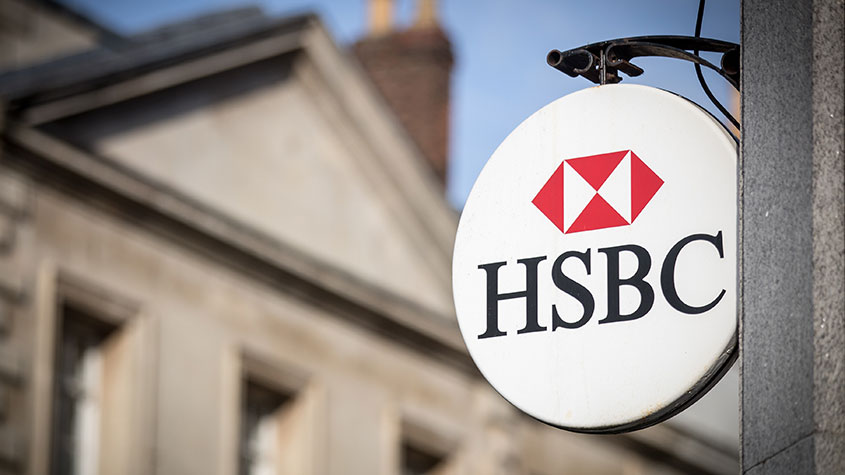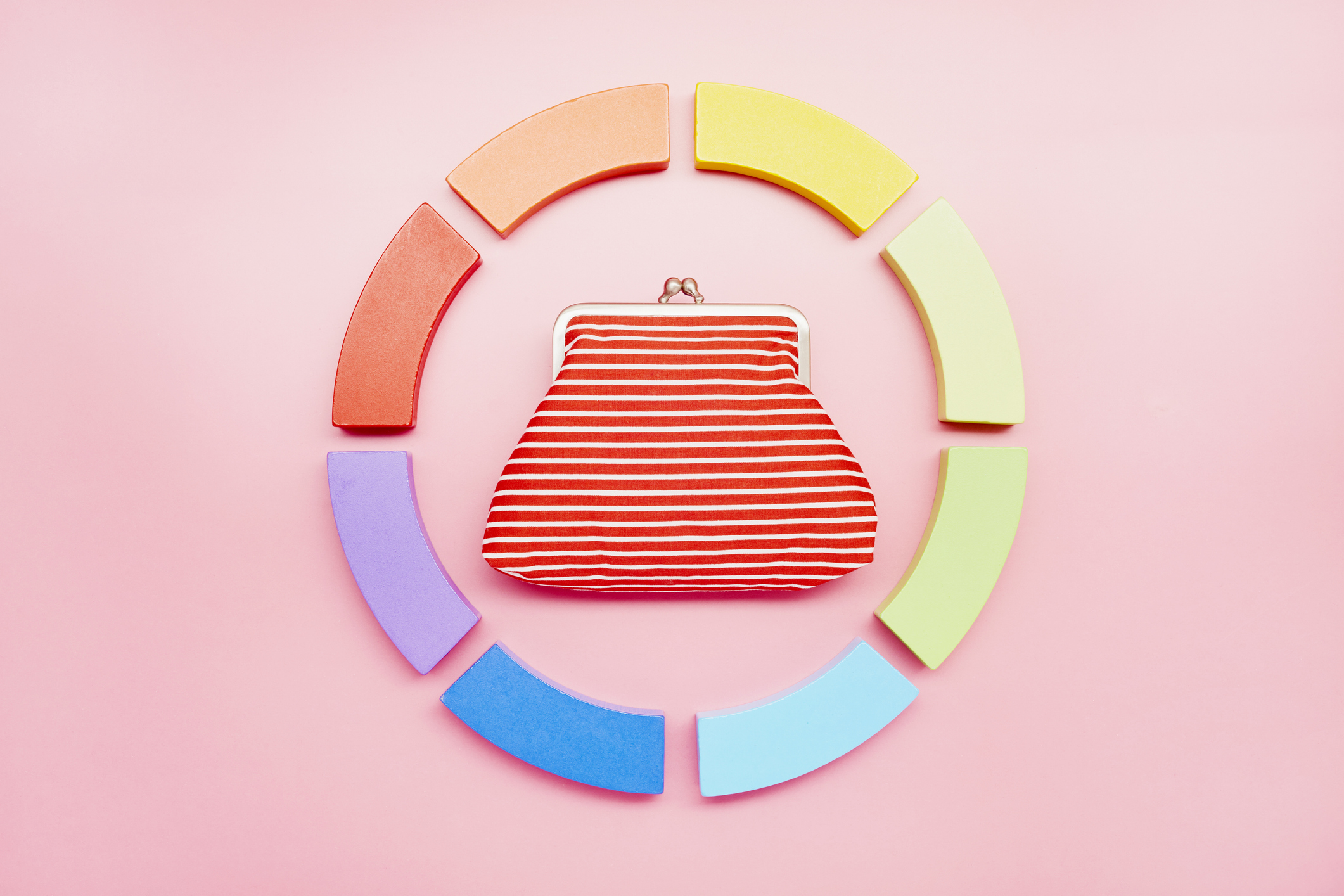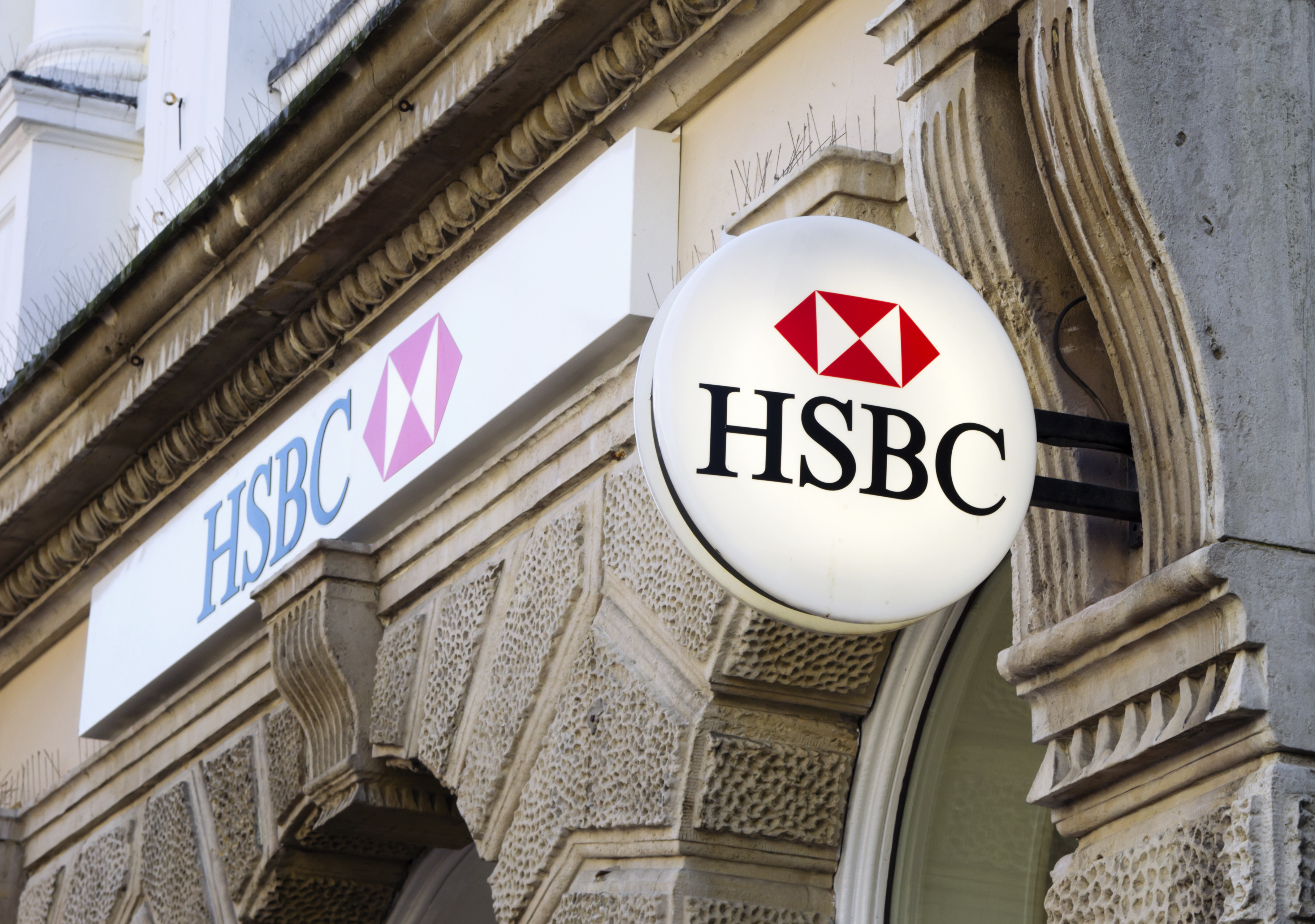HSBC launches £220 bank switching deal - should you move banks?
HSBC is heating up the bank switching market with £220 up for grabs if you switch to its current account. But is the sweetener worth it and who can get it?


Get the latest financial news, insights and expert analysis from our award-winning MoneyWeek team, to help you understand what really matters when it comes to your finances.
You are now subscribed
Your newsletter sign-up was successful
Want to add more newsletters?

Twice daily
MoneyWeek
Get the latest financial news, insights and expert analysis from our award-winning MoneyWeek team, to help you understand what really matters when it comes to your finances.

Four times a week
Look After My Bills
Sign up to our free money-saving newsletter, filled with the latest news and expert advice to help you find the best tips and deals for managing your bills. Start saving today!
This HSBC bonus is no longer on the market. Please see our best bank switching guide for the latest deals.
The switching incentives scene ran dry in the new year, but competition is heating up again as HSBC launches a £220 switching deal to draw in new customers.
This is the biggest switch deal now available and is HSBC’s biggest cash bonus in five years, with its previous deal offering £205 last October.
MoneyWeek
Subscribe to MoneyWeek today and get your first six magazine issues absolutely FREE

Sign up to Money Morning
Don't miss the latest investment and personal finances news, market analysis, plus money-saving tips with our free twice-daily newsletter
Don't miss the latest investment and personal finances news, market analysis, plus money-saving tips with our free twice-daily newsletter
The high street giant has been a popular name in the pool of switching incentives, with data from the Current Account Switch Service (CASS) showing HSBC gained 25,037 bank switches in the third quarter of 2023.
HSBC joins NatWest and Lloyds Bank in offering free cash which launched deals back in mid-February.
Even though its incentive is the highest offer on the table right now, is it any good and how do you get the free cash?
How to get up to £220 when you switch to HSBC
HSBC is offering up to £220 when new customers switch to its UK Advance or Premier bank account, using the banks's switch service.
But, the £220 is broken down into two parts. Here are all the details.
How to get £100
To get £100, you must open one of the eligible HSBC current accounts, use the CASS to make the switch, and complete the following:
- Switch at least two direct debits or standing orders within 30 days of opening the account
- Pay £1,500 into the account within 60 days of opening the account
- Make more than 20 direct debit payments using your new HSBC debit card
- Pay more than £50 into the HSBC Bonus Saver account
How to get an additional £120
On top of this, you can get £10 a month for 12 months (total of £120) by doing the following every month:
- Pay in £1,500 monthly into your HSBC current account
- Make more than 20 direct debits each month
- Pay in more than £50 into your Online Bonus Saver
- Log into the HSBC mobile app at least once a month
You won’t be eligible for this switching incentive if you have held an HSBC or First Direct current account since 1 January 2019.
What’s the difference between the HSBC current accounts?
The two eligible current accounts in the switching deal are HSBC’s Advance or Premier account. Here’s how they differ.
HSBC Advance account
The Advance account is free to hold and you can access its 5% regular saver which allows you to save between £25 and £250 a month.
See how this compares to the 7% top regular saver in our best buy guide.
The account gives an optional arranged overdraft on a minimum £1,000, depending on your credit history.
Plus, you can get discounts on eating out, shopping and travel with the Advance account.
HSBC Premier account
This current account also has no monthly fee but comes with more attractive benefits.
Including everything that you get with the Advance account, you also get worldwide travel insurance through Aviva.
You also get access to HSBC’s loyalty cash ISA, offering a 3.2% return. But this isn’t the best rate on the market, as currently you can earn above 5% in the wider market.
Plus, gain access to HSBC’s two exclusive reward travel credit cards which let you earn rewards and freebies.
What are the alternative switching deals?
HSBC is leading in the switching incentive market right now, with its up to £220 offer.
That said, it does require new customers to do a fair bit to earn £100, and a further £120 is even more difficult to get as you need to stick to its monthly requirements.
Plus, even though you get exclusive access to its savings accounts, they are far from the best deals on the market.
Natwest is the next best switching incentive on the market offering £200 when you switch to one of its packaged bank accounts- however these hold a monthly fee, starting from £2 a month.
Lloyds is offering £175 when you switch to one of its Club Lloyds accounts. But again, as these are packaged bank accounts, they come with a monthly fee starting from £3 a month.
You get access to its 6.25% regular saver.
The most important thing to remember is when you’re thinking about switching bank accounts, it shouldn’t just be for the free cash bonus.
You will need to shop around to see which current account suits your needs best. For example, you might be looking for a no-free current account or a packaged bank account that offers travel insurance and AA breakdown cover.
Some other things to consider when switching also include which lenders offer the best savings rates and an arranged overdraft that is one of your requirements.
Get the latest financial news, insights and expert analysis from our award-winning MoneyWeek team, to help you understand what really matters when it comes to your finances.
Vaishali has a background in personal finance and a passion for helping people manage their finances. As a former staff writer for MoneyWeek, Vaishali covered the latest news, trends and insights on property, savings and ISAs.
She also has bylines for the U.S. personal finance site Kiplinger.com and Ideal Home, GoodTo, inews, The Week and the Leicester Mercury.
-
 Should you buy an active ETF?
Should you buy an active ETF?ETFs are often mischaracterised as passive products, but they can be a convenient way to add active management to your portfolio
-
 Power up your pension before 5 April – easy ways to save before the tax year end
Power up your pension before 5 April – easy ways to save before the tax year endWith the end of the tax year looming, pension savers currently have a window to review and maximise what’s going into their retirement funds – we look at how
-
 Green mortgages: how do they work and how much can you save?
Green mortgages: how do they work and how much can you save?Most high-street lenders now offer some kind of green mortgage deal. We look at who’s eligible, how to apply and the mortgage rates and cashback on offer
-
 Thousands of Brits switch to Nationwide, Monzo and NatWest – which banks are least popular?
Thousands of Brits switch to Nationwide, Monzo and NatWest – which banks are least popular?We look at the most and least popular banks and building societies as current account bank switches reach a record high. Is it worth moving your money?
-
 Best and worst UK banks revealed
Best and worst UK banks revealedWe reveal the best UK banks – and the worst – when it comes to managing your money and good customer service. How does your provider compare?
-
 Get up to £205 by opening two HSBC accounts - and you don’t need to switch
Get up to £205 by opening two HSBC accounts - and you don’t need to switchCustomers opening a HSBC current account plus the Global Money Account can bag up to £205 free cash. We have all the details on how to get the cash bonus.
-
 Act fast: HSBC to pull its 5.7% one-year bond
Act fast: HSBC to pull its 5.7% one-year bondSavers have until Wednesday to apply for HSBC’s one-year fixed-rate bond. The withdrawal of the account follows NS&I’s decision to pull its market-leading one-year bonds earlier this month. We explain why you need to act fast to secure the best rates.
-
 Could you be putting your retirement at risk with a 40-year mortgage?
Could you be putting your retirement at risk with a 40-year mortgage?Increasing numbers of buyers have opted for longer-term mortgages to cope with the cost of living crisis but could they be putting their retirement at risk?
-
 Lloyds, Santander and HSBC hike savings rates
Lloyds, Santander and HSBC hike savings ratesBanks and building societies have been raising their savings rates as the base rate continues to rise. Our round-up of all the savings rates hikes.
-
 Watchdog summons banks to explain paltry savings rates
Watchdog summons banks to explain paltry savings ratesSavings rates trail mortgage rates - and the financial watchdog has summoned banks to a meeting amid concerns of profiteering.
